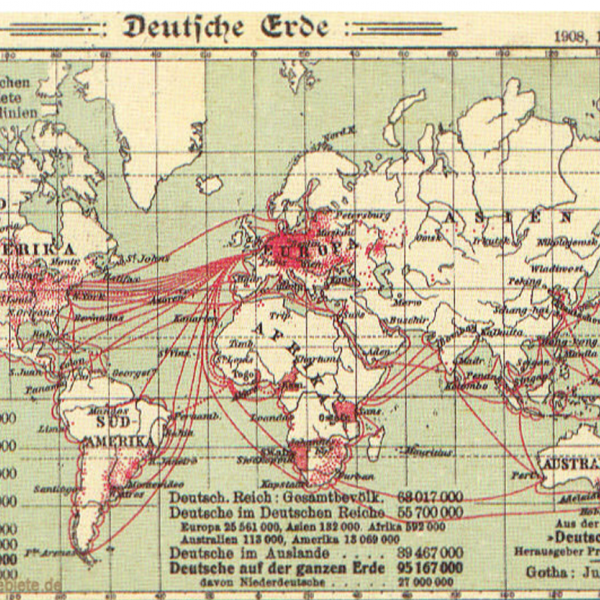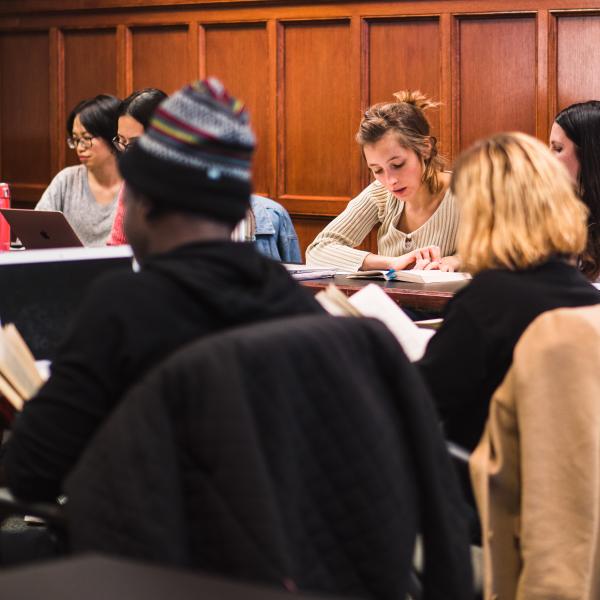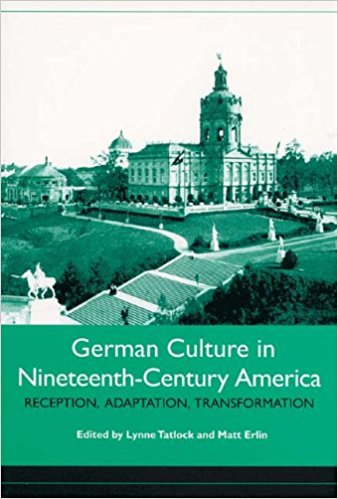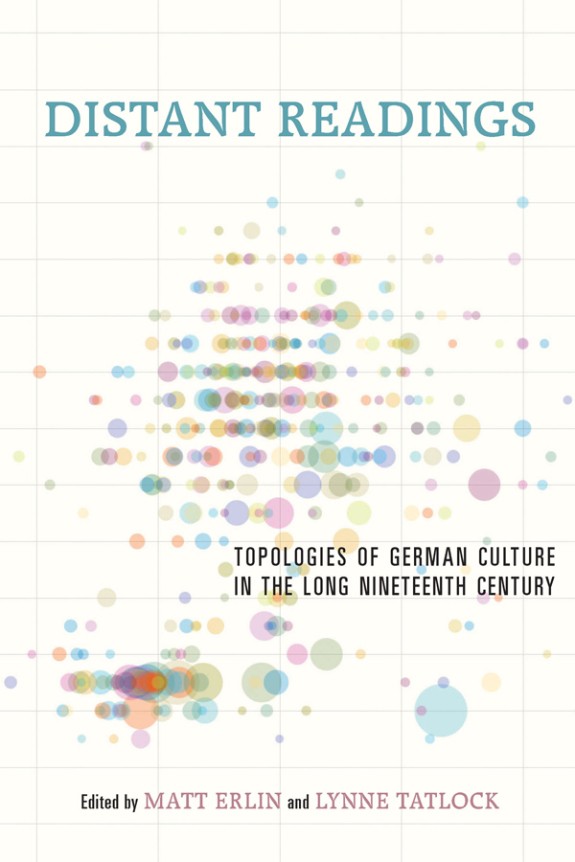Professor Tatlock has published widely on German literature and culture from 1650 to the 1990s with a concentration in the late seventeenth century and the nineteenth century.
Tatlock has maintained an abiding interest in the novel and its origins, the construction and representation of gender, reading communities and reading habits, nineteenth-century regionalism and nationalism, and the intersection between fiction and other social and cultural discourses. Some of her recent publications include books, edited and co-edited volumes, translations, and articles on the seventeenth-century poet Catharina Regina von Greiffenberg, the American translator of E. Marlitt, nineteenth-century American reading of German women’s writing, Gustav Freytag's alternative address to national community, Gabriele Reuter as contributor to the New York Times, new approaches to book history and literary history, reception and the gendering of German culture, and cultural transfer.
She has undertaken literary translations of two novels by women, Marie von Ebner-Eschenbach’s Their Pavel (Das Gemeindekind) and Gabriele Reuter’s From a Good Family; selections from Catharina Regina von Greiffenberg's meditations on the incarnation, passion, and death of Jesus Christ; and Justine Siegemund’s seventeenth-century midwife’s handbook. Her activity as literary translator has fueled her scholarly work on cultural mediation, reception, and the international book trade.
Her teaching at present centers on questions of regionalism and nationalism and reader communities, nationalism and French-German relations, the construction and representation of community, nineteenth and early twentieth-century women writers, bourgeois literature and reading habits, literary genres and violence, and book history.








